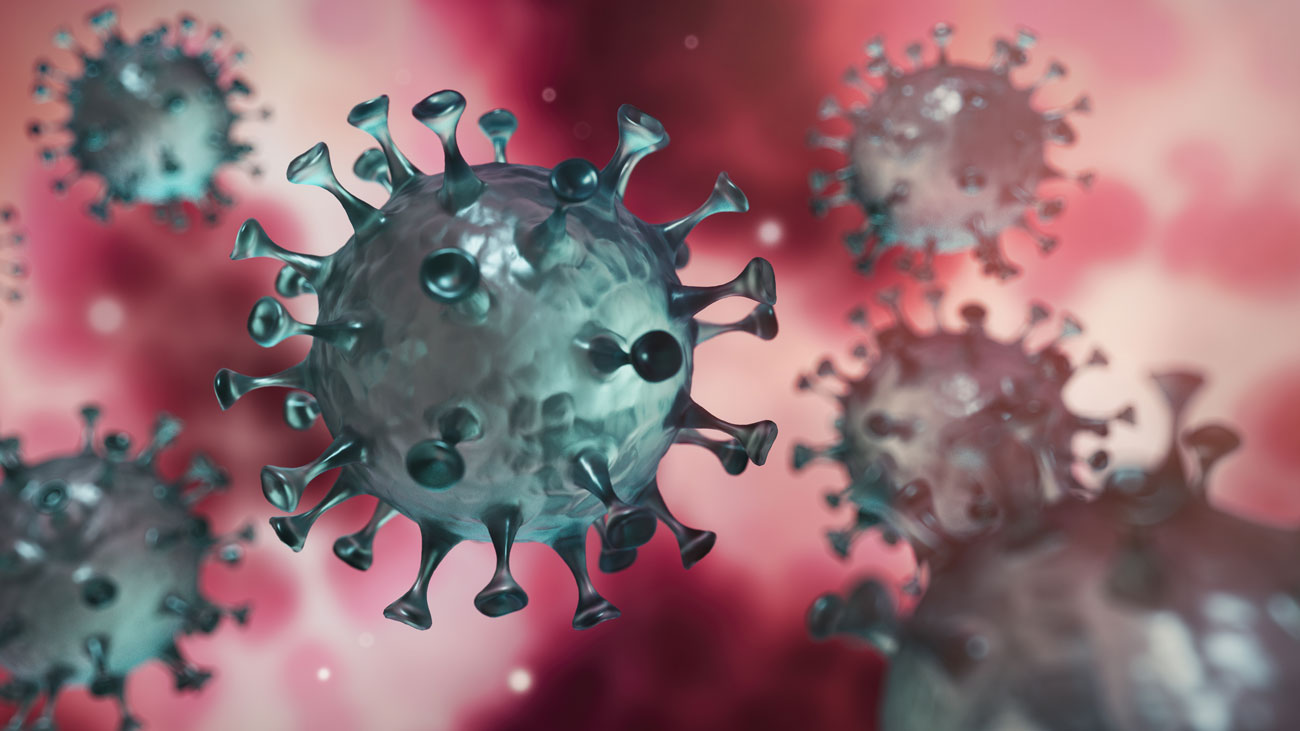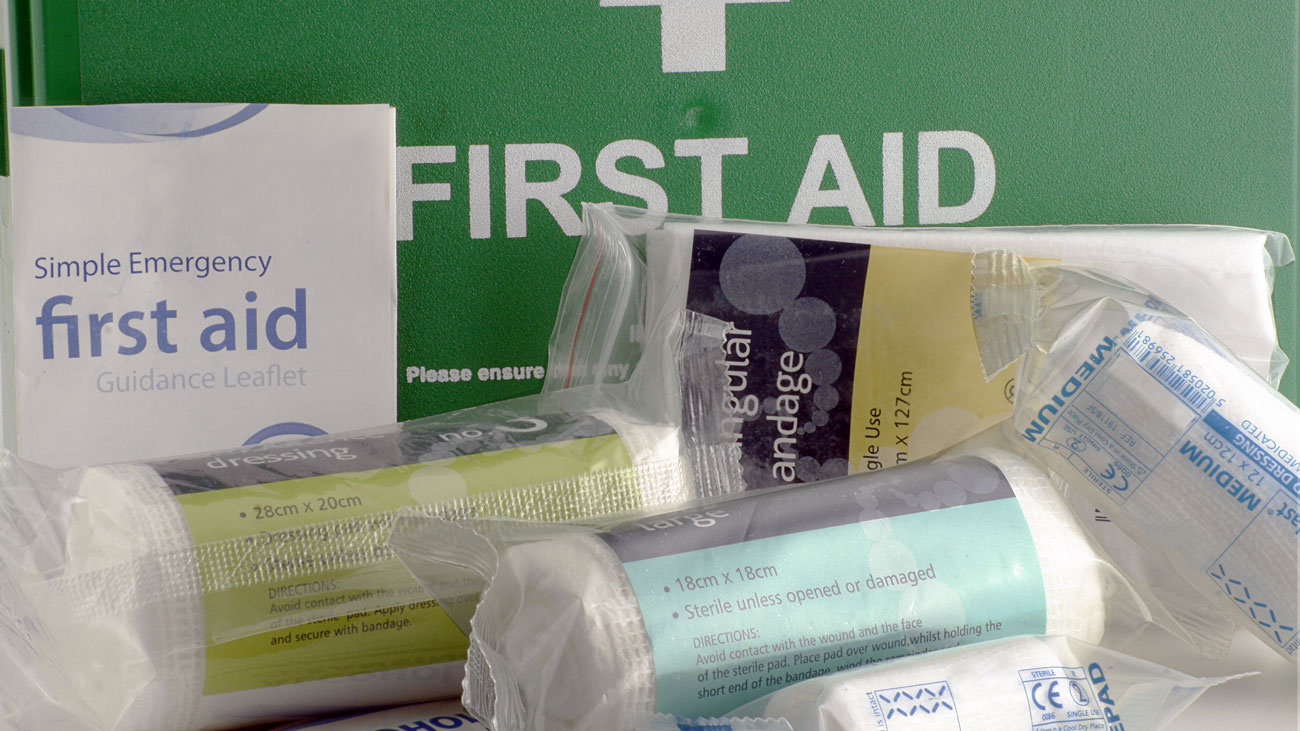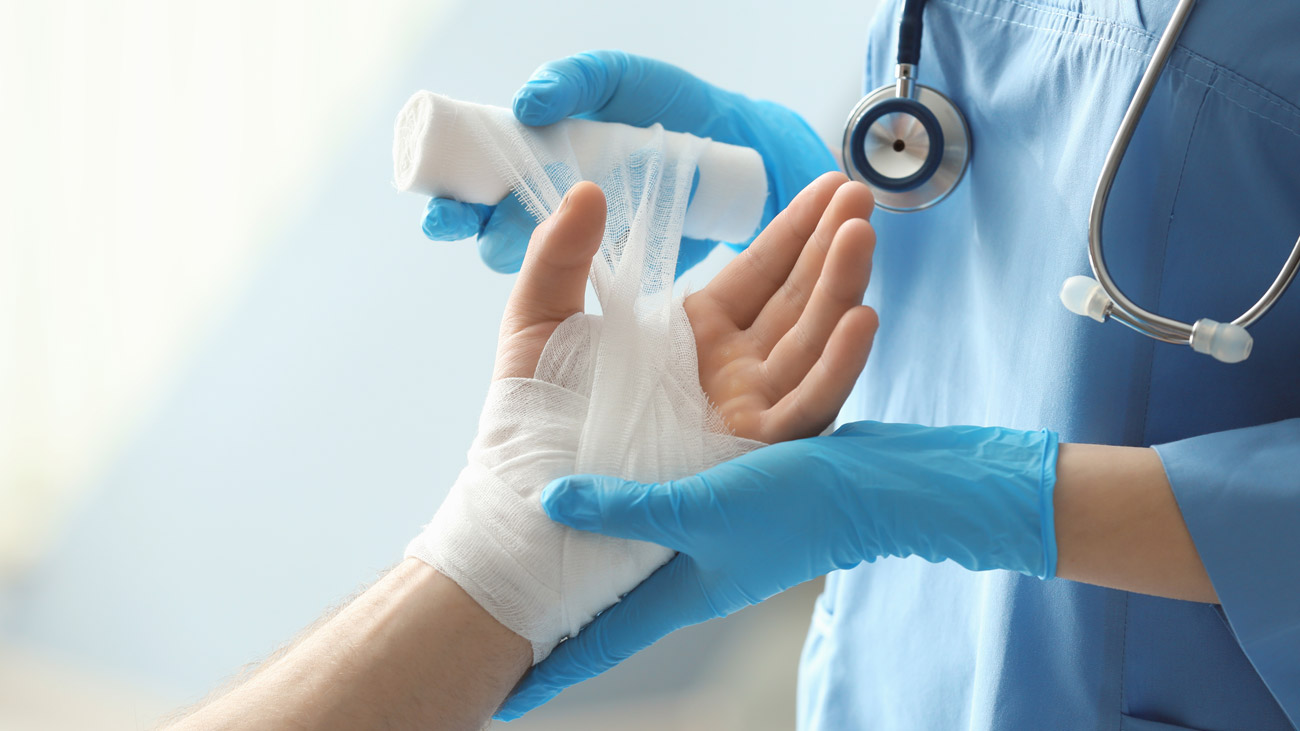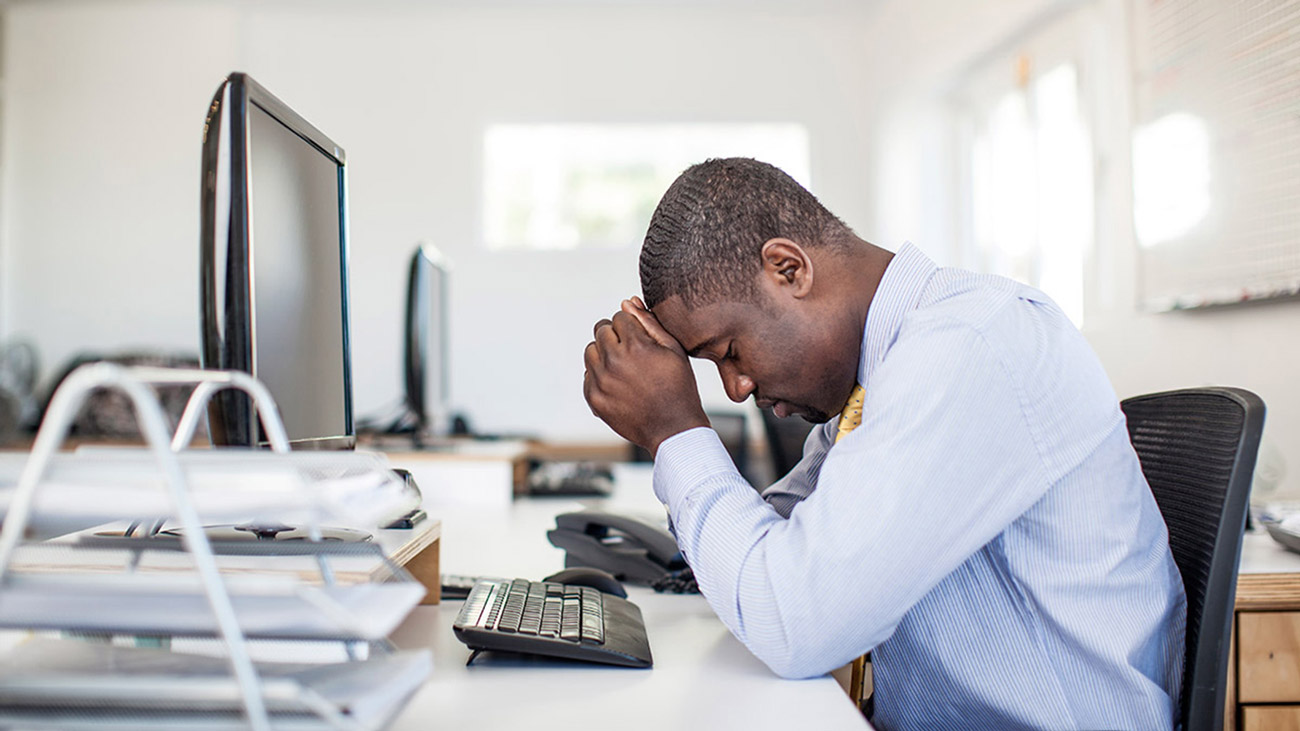
COVID-19 – advice for first aiders in the workplace
First aid remains a crucial skill even as the country deals with the COVID-19 pandemic. St John Ambulance has put together the below advice for first aiders so that they can continue to keep those they care for and themselves safe.
As a first aider, in addition to high quality clinical skills, to be effective you need to:
- Be aware of the risks to yourself and others;
- Keep yourself safe;
- Give early treatment;
- Keep yourself informed and updated; and
- Remember your own needs.
1. Be aware of the risks to yourself and others
When approaching a casualty there is always a risk of cross contamination – especially when you may have to get close to the casualty to assess what is wrong or to check their breathing. It is always important to be aware of the risks of how this cross contamination has occurred. According to NHS 111 we do not know exactly how coronavirus spreads from person to person but similar viruses are spread in cough droplets.
2. Keep yourself safe
In line with government advice, make sure you wash your hands or use an alcohol gel, before and after treating a casualty. Also ensure that you don’t cough or sneeze over a casualty when you are treating them.
The Resuscitation Council (UK) provides some useful advice of how to keep yourself safe when providing CPR.
Don’t lose sight of other cross contamination that could occur that isn’t related to COVID-19.
- Wear gloves or cover hands when dealing with open wounds.
- Cover cuts and grazes on your hands with waterproof dressing.
- Dispose of all waste safely.
- Do not touch a wound with your bare hand.
- Do not touch any part of a dressing that will come in contact with a wound.
3. Give early treatment
The vast majority of incidents do not involve you getting close to a casualty where you would come into contact with cough droplets. Sensible precautions will ensure you are able to treat a casualty effectively.
4. Keep yourself informed and updated
As this is a new disease, this is an ever-changing situation and the government and NHS are continually updating their advice. Make sure that you regularly review the NHS 111 or Gov.uk website which has a specific section on Coronavirus.
5. Remember your own needs
These are challenging and uncertain times for all. The COVID-19 outbreak has meant a lot of upheaval and worry for people. In order to help others you will also need to look after your own needs. Make sure you take time to talk about your fears and concerns with someone you trust and to take out time to look after yourself.
Further details are available here.





